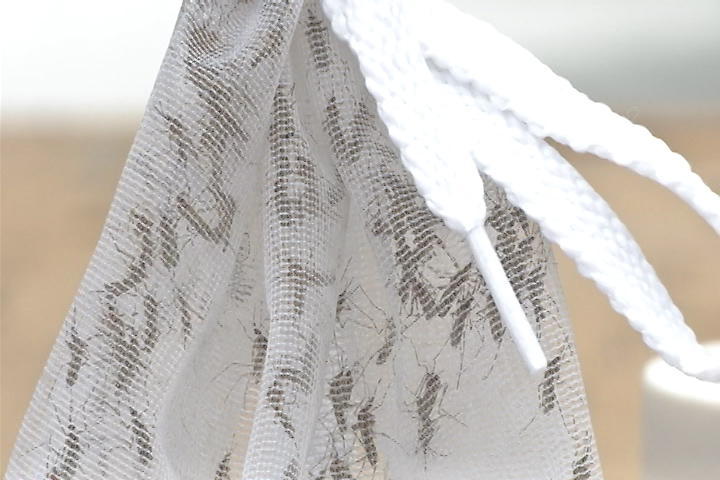Peterborough Public Health has found its first positive case of West Nile virus in mosquitoes in the city this year.

The agency said mosquitoes were trapped from July 17 to 19 in the city.
“Now that we’ve identified mosquitoes carrying West Nile Virus in our area, it’s especially important that residents take care to prevent mosquito bites,” Wanda Tonus, Public Health Inspector said.
“This is a good reminder for residents to eliminate any standing water in their yards and to take personal protective measures to avoid mosquito bites.”
During the summer months and early fall, Peterborough Public Health sets five traps weekly; three traps are in fixed locations and two others rotate throughout the Peterborough City and County.
Tonus said the majority of West Nile Virus cases do not show symptoms. About 20 per cent of infected people will experience mild illness with such symptoms as fever, headache, and body aches, occasionally with a skin rash and swollen lymph nodes that last several days.
Other symptoms may include nausea, vomiting, or eye pain. Symptoms usually develop two to 14 days after receiving a bite from an infected mosquito.
READ MORE: Mosquitos test positive for West Nile virus on Toronto Island
Less than one per cent of infected people will develop neurological symptoms, Tonus said.
Although the risk of becoming infected is low, prevention against bites is the best protection. Individuals can protect themselves from bites in several ways:
- Cover up when going outside between the hours of dusk and dawn.
- Remember to wear: A long-sleeved shirt or jacket and long pants (tucked into your socks for extra protection) and light-coloured clothing
- Clean up: Once a week, get rid of standing water around your home in places such as bird baths, eavestroughs, wheelbarrows and flower pots etc. (mosquitoes lay their eggs in stagnant water, even small amounts)
- Keep bushes and shrubs clear of overgrowth and debris (adult mosquitoes like to rest in dense shrubbery)
- Turn your compost pile often
- Use insect repellent containing DEET. Read the label carefully and apply as directed.
For additional information on protection measures against West Nile virus such as reducing mosquito breeding sites and the safe use of insect repellents, visit Peterborough Public Health.




Comments